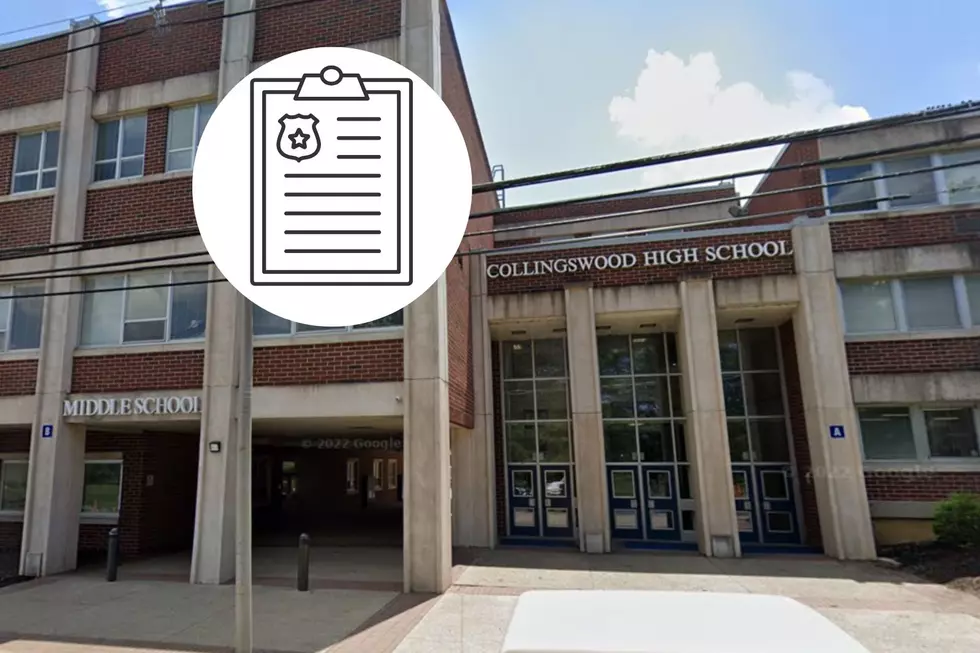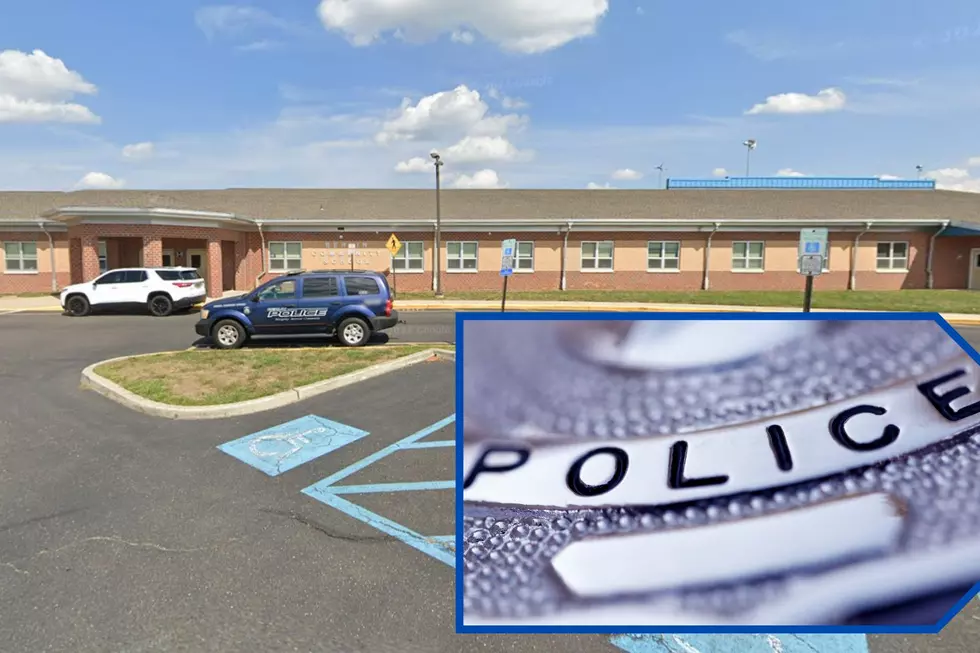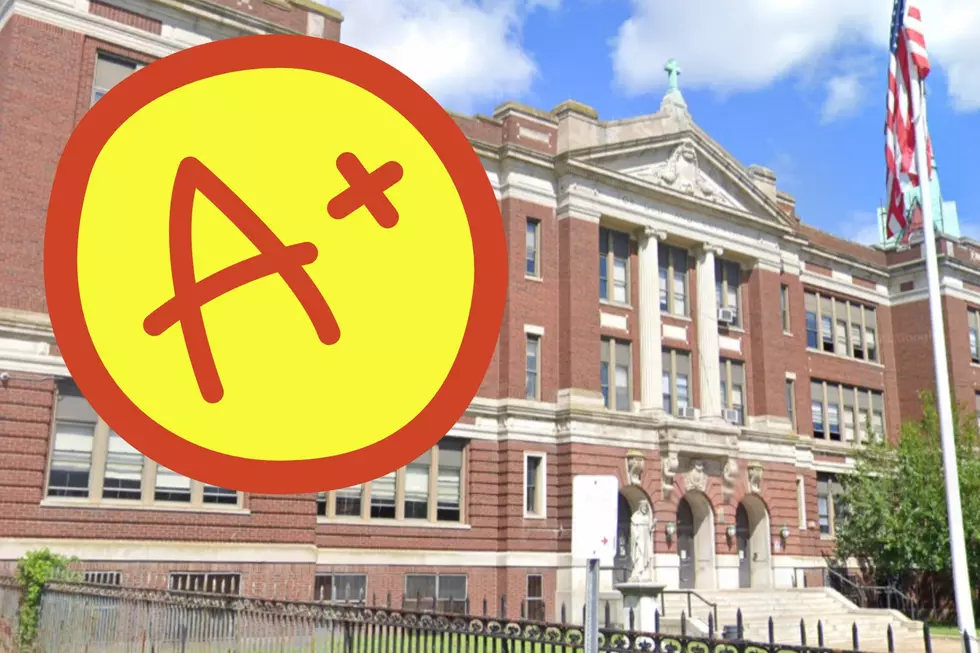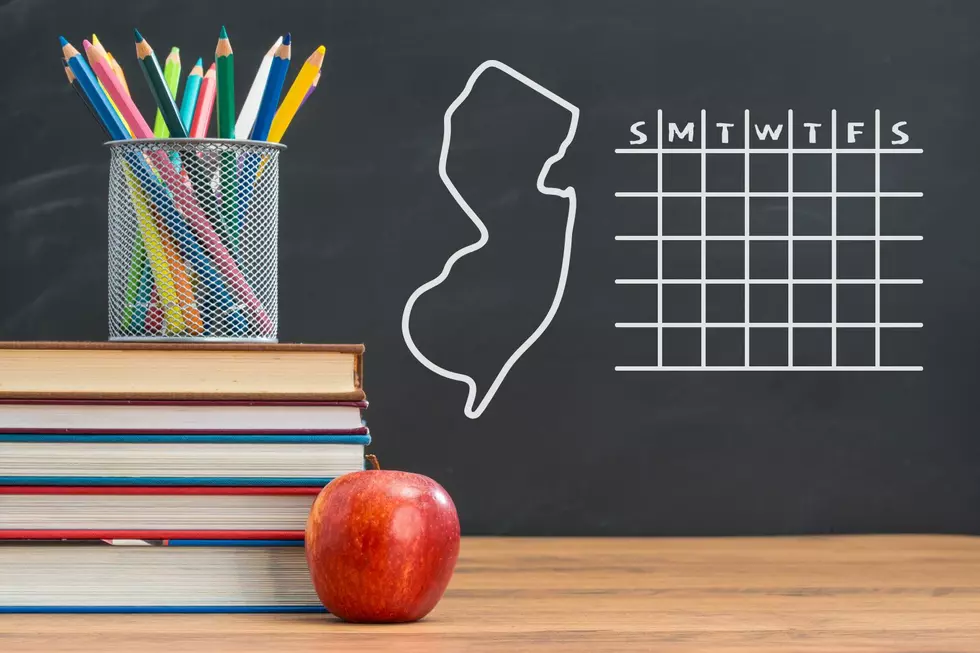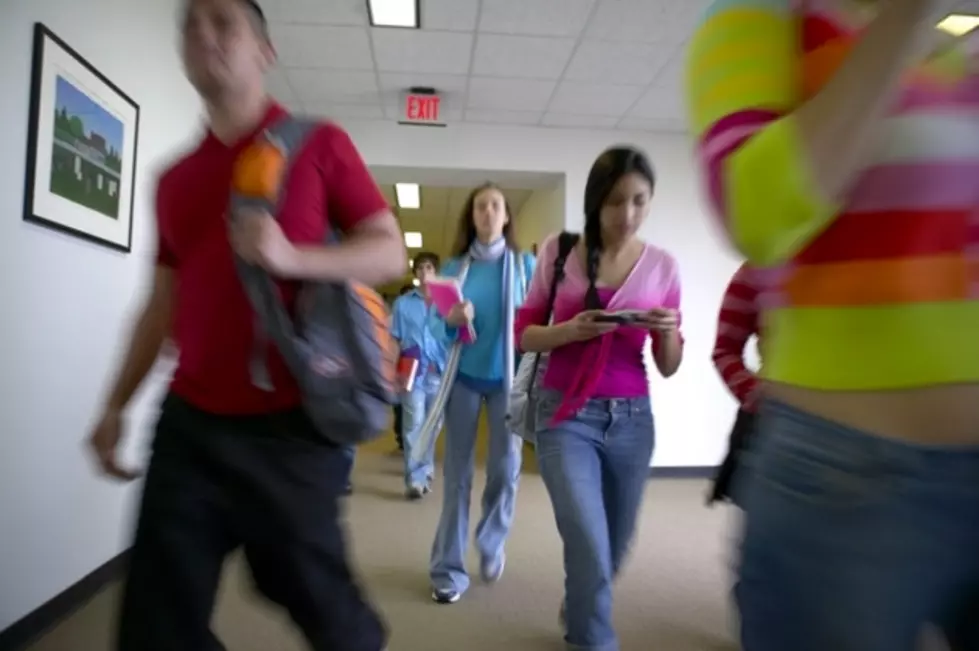
71 ways to improve mental health services at NJ schools
In the face of rising suicide rates, and an uptick in the number of shooting deaths on school and college campuses, a mental health task force has released a report aimed at expanding efforts in schools to address the emotional well being of young students across the Garden State.
The task force, created by the New Jersey School Boards Association in response to the February 2018 school shooting in Parkland, Florida, that took 17 lives, consulted experts on several subjects to get a better gauge on the depth of mental health issues among our youth, and searched for effective programs already in place, to put forth more than 70 recommendations to help districts provide the necessary support for their children.
"The work took place over the course of a year," said Frank Belluscio, the association's deputy executive director.
The 103-page report, which was presented and discussed at a program Tuesday night at Highland Park High School, worked off of four key findings by the task force: approximately half of youth with diagnosed mental illnesses do not receive services; the suicide threat among students is present in any type of school district; school officials cannot address the mental health situation alone; and trust among students and staff is essential for a safe school climate.
In New Jersey and nationwide, the report found, suicide rates are rising fastest among individuals aged 10 to 17. A quarter of teens, and 1 in 8 children overall, are battling with diagnosable anxiety disorders, the report said. In 2018, it said, 61 people were killed on school and college grounds, including suicides, compared to 11 in 2016 and 18 in 2017.
"In the Parkland tragedy, as with other school shootings, the perpetrator had a history of mental health problems," said NJSBA Executive Director Lawrence Feinsod.
And in four out of five school shootings, the task force found, at least one other person had knowledge of the attacker's plans but never spoke up.
"Students need at least one adult in the school who they can talk to, who they feel they can trust," Belluscio explained.
The 71 recommendations for districts are split in to nine subject areas, such as timely response to students at risk, social-emotional learning, curriculum, school climate, professional development, and equity.
Effective programs and best practices at public schools in West Windsor-Plainsboro, Ocean City, High Bridge and Bloomfield were highlighted in the report.
"It will be a valuable information source for school districts," Belluscio said of the report. "It is a starting point, not an ending point."
More from New Jersey 101.5:
Contact reporter Dino Flammia at dino.flammia@townsquaremedia.com.
More From New Jersey 101.5 FM

